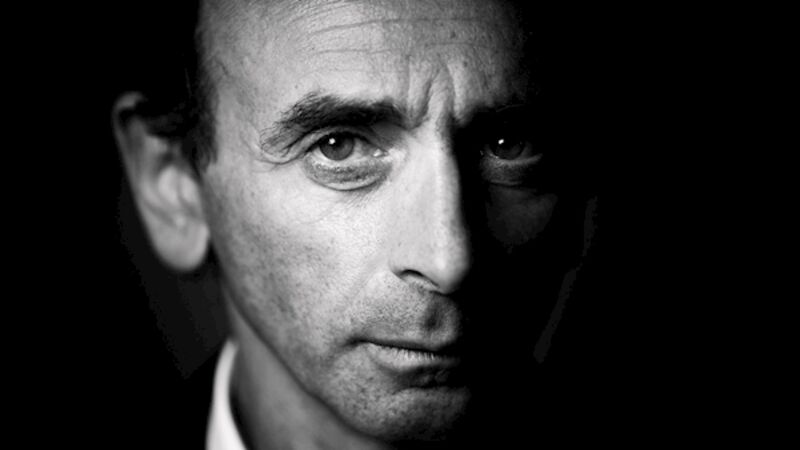Pop historian Éric Zemmour - The hi-vis ‘reactionary

The pop historian Éric Zemmour has fashioned himself as an evangelist of French culture — and has become a driving force for French conservatism, writes .
To follow Éric Zemmour around Paris last Autumn was to make a tour of the city’s slightly faded belle époque salons.
















